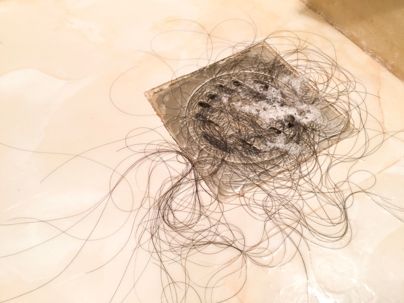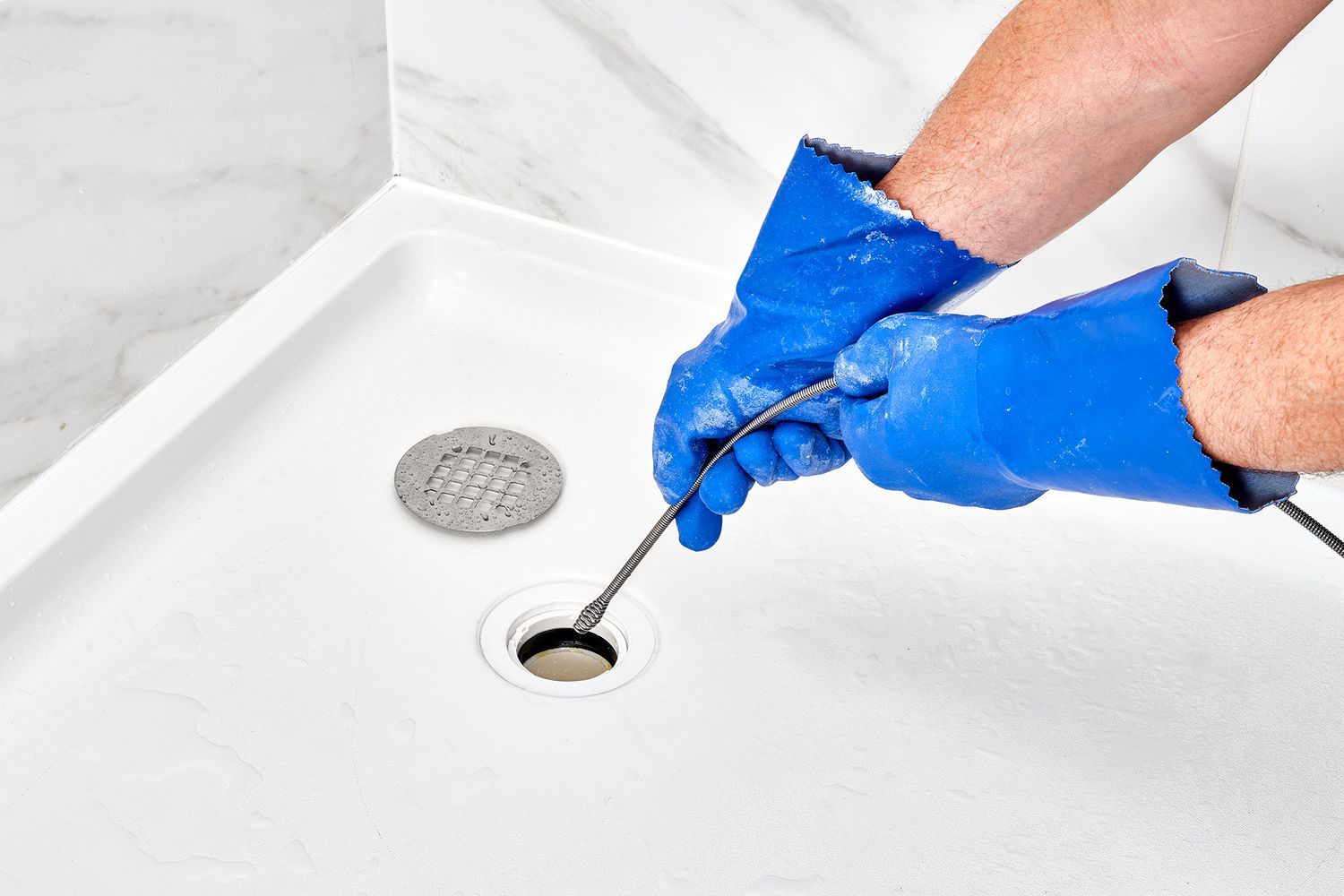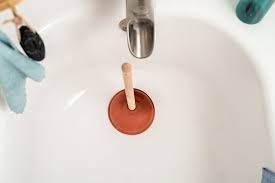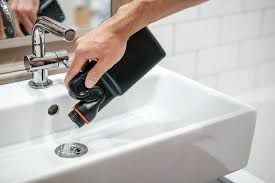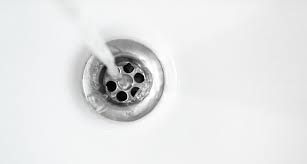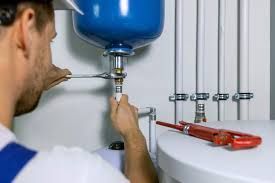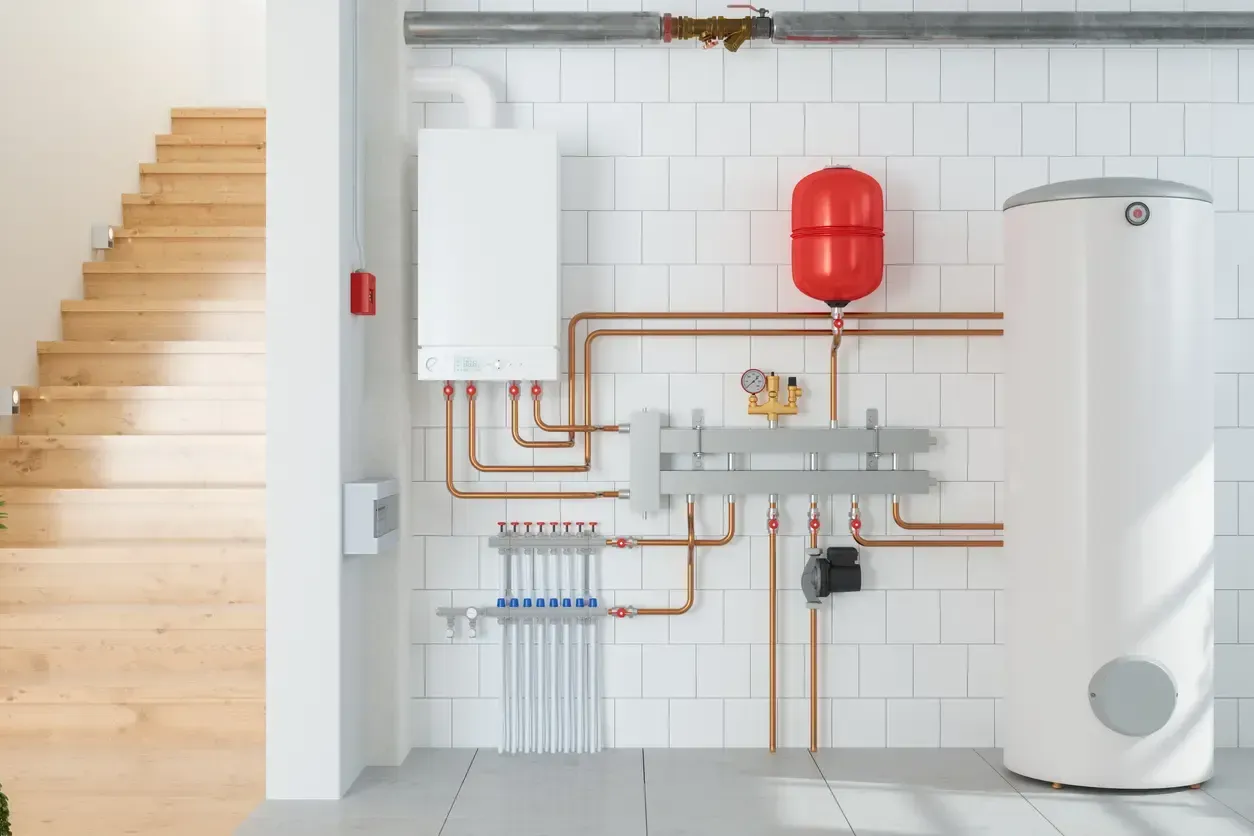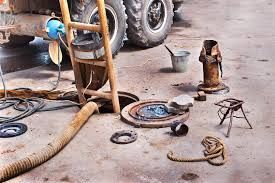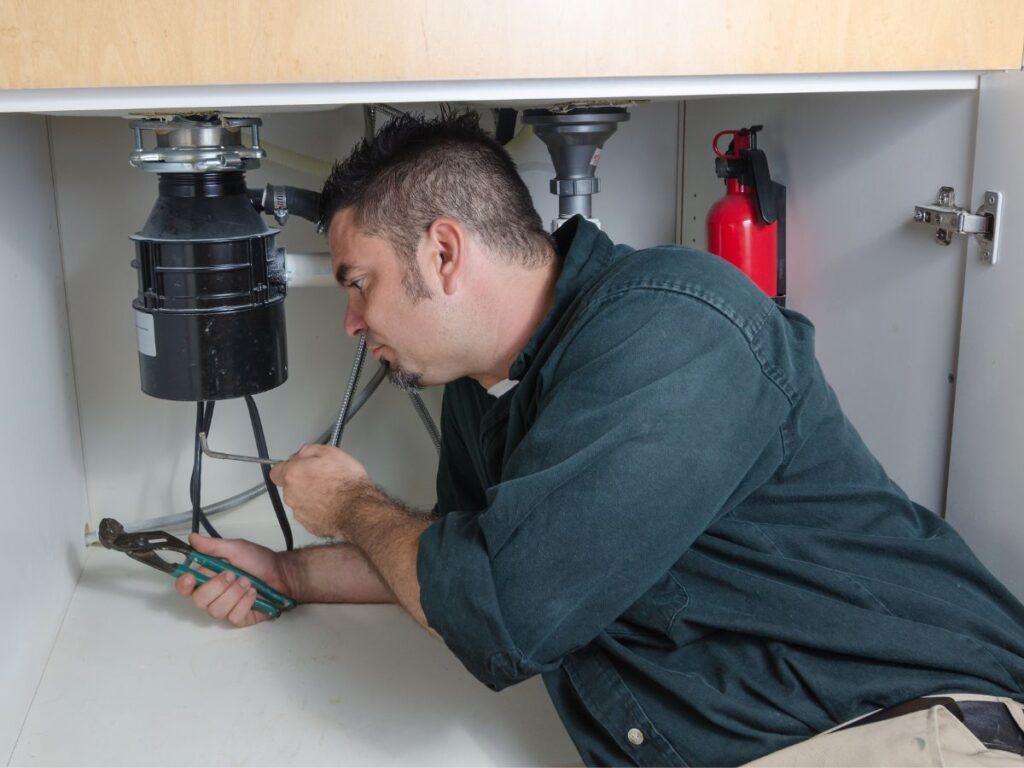Why Your Drain Keeps Getting Clogged and How to Stop It
Clogged drains are one of the most common and frustrating household issues, often leading to unpleasant odors, slow drainage, or even complete blockages. Understanding the underlying causes of frequent clogs can help you take preventive action to maintain your plumbing and avoid costly repairs. In this in-depth guide, we will explore the reasons why your drain keeps getting clogged and what effective measures you can take to stop it for good.
Common Causes of Drain Clogs
- Hair and Soap Scum Build-Up Hair and soap residue are notorious for clogging bathroom drains, particularly in showers and sinks. Hair strands can easily combine with soap scum and other debris, forming a dense mass that restricts water flow.
- Grease, Fat, and Oil Accumulation In kitchen sinks, grease, fat, and cooking oil are major culprits of clogging. These substances solidify as they cool down, sticking to the insides of your pipes and gradually narrowing the passage for water to flow. Over time, this leads to stubborn blockages.
- Food Particles Food waste, especially fibrous items like vegetable peels and pasta, can easily build up in your sink's drainage system. Without a proper garbage disposal system, these remnants may cause recurring clogs.
- Foreign Objects Toilets are often misused as trash bins, leading to clogs caused by flushing down foreign objects such as sanitary products, wipes, cotton balls, and excessive amounts of toilet paper. These items can get lodged in the pipes, resulting in significant blockage.
- Mineral Buildup If your home has hard water, mineral deposits can accumulate in your pipes over time. Calcium and magnesium can form a scale that not only clogs pipes but also reduces overall water pressure. These mineral clogs are often difficult to remove without professional assistance.
- Tree Roots Infiltration Tree roots are a less obvious but serious cause of clogged drains, particularly in older homes. Roots naturally seek out water sources, and if they penetrate your underground pipes, they can cause severe blockages or even crack the pipes entirely.
- Poor Pipe Ventilation Drains rely on air pressure to allow water to flow freely through the pipes. Poor ventilation can trap air, causing water to stagnate and preventing smooth drainage. This often results in slow-draining sinks or gurgling noises.
- Damaged or Aging Pipes Old, corroded pipes or pipes that are damaged from previous repair jobs can cause frequent clogs. Pipes that have cracks or leaks may accumulate debris, leading to persistent blockages.
How to Stop Your Drains from Clogging
Now that we’ve identified the common causes of clogs, here’s what you can do to prevent them from happening in the future:
- Install Drain Screens Drain screens or strainers are an inexpensive yet highly effective solution for preventing hair, food particles, and other debris from entering your drains. They act as a barrier, allowing water to pass through while trapping larger particles.
- Avoid Pouring Grease Down the Drain One of the easiest ways to prevent kitchen sink clogs is to avoid pouring grease, fat, or oil down the drain. Instead, allow them to cool and solidify, then dispose of them in the trash. You can also use a grease trap to catch any leftover oils.
- Flush Drains Regularly with Hot Water Flushing your drains with hot water once a week helps dissolve any grease or soap buildup in your pipes. You can also mix baking soda and vinegar for a natural cleaning solution to clear minor blockages.
- Proper Garbage Disposal Use If you have a garbage disposal, use it properly. Avoid putting fibrous, starchy, or greasy foods down the drain. Always run cold water when using the disposal to help solidify any fats and oils, making them easier to grind.
- Regularly Clean Drain Traps Bathroom sinks and shower drains are prone to clogging from hair and soap residue. Clean the drain traps regularly to remove any debris that may accumulate. This is an easy way to stop blockages before they get worse.
- Schedule Professional Drain Cleaning If you’ve noticed recurring drain problems, professional drain cleaning services may be necessary. Plumbers can use advanced tools like hydro-jetting or specialized augers to remove deep blockages and improve the overall flow of your drainage system.
- Use Enzyme-Based Drain Cleaners Instead of harsh chemical cleaners, opt for enzyme-based products. These drain cleaners use natural bacteria and enzymes to break down organic waste, making them safer for your pipes and the environment.
- Address Tree Root Issues If tree roots are the cause of your clogged drains, you’ll need to consult a professional plumber. They can perform a camera inspection to identify the extent of the damage and use specialized tools to remove the roots or repair the damaged pipes.
- Maintain Proper Pipe Ventilation Ensure that your drain vents are clear and functioning properly. Blocked or poorly designed vents can trap air in the pipes, leading to slow drainage. A professional plumber can inspect and fix any issues with your ventilation system.
- Replace Aging Pipes If your pipes are old and corroded, it may be time for an upgrade. Newer pipes, such as PVC or PEX, are more durable and less prone to buildup or corrosion, reducing the likelihood of clogs.
Final Thoughts: Keep Your Drains Clear and Flowing
Recurring drain clogs can be a hassle, but by understanding the common causes and implementing the right preventive measures, you can keep your drains flowing smoothly. Simple habits like avoiding grease in the kitchen, using drain screens, and scheduling professional cleanings can save you time and money in the long run. However, if you’re dealing with severe or frequent blockages, don’t hesitate to call a professional plumber for an expert diagnosis and solution. Proper maintenance and early intervention are key to preventing future plumbing issues and ensuring the efficiency of your home’s drainage system.
